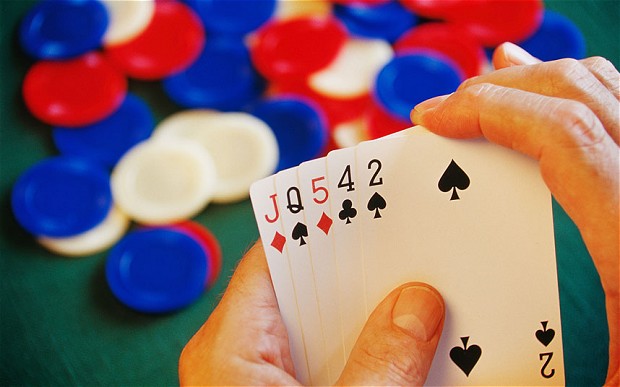 Traders who bet that bwin.party would become a major player in New Jersey’s nascent online gambling industry were raking in their winnings today.
Traders who bet that bwin.party would become a major player in New Jersey’s nascent online gambling industry were raking in their winnings today.
Shares in the FTSE 250 group climbed 3.9 to 118½p – a 3.4pc rise – after the US state’s Division of Gaming Enforcement released figures showing that bwin and its partner Borgata Hotel Casino & Spa accounted for 45pc of internet gaming revenues generated in New Jersey since online betting began late last year.
Deutsche Bank analyst Richard Carter said the companies’ combined market share was “significantly higher” than his 30pc estimate, a performance that was impressive considering a lack of advertising.
“This is very encouraging, given the joint venture has only recently started to push marketing in January,” he said. New Jersey is only the third state to give the green light to internet gambling, which got under way on November 21. Online betting generated $8.4m (£5.1m) in revenues by the end of last year, the enforcement division said.
The strong debut was a “much-needed success” for bwin, according to Numis analyst Ivor Jones. Indeed, only last month outgoing bwin chairman Simon Duffy admitted that the company had “faced numerous challenges over the past three years”. Among them was the recent drop in revenue caused by the company’s decision to re-focus on regulated markets. A block on Greek gambling websites last year also hit earnings.
But while bwin was on the rise, it was at the expense of fellow online gaming company 888 Holdings, which lost 4½, or 2.8pc, to 158.9p. 888 and its partner Caesars Entertainment lagged behind bwin and Borgata in their push into New Jersey with a 28pc market share.
The fall suffered by 888 was at odds with the wider market, which rose after the World Bank cheered investors by lifting its forecast for global growth in 2014. The FTSE 100 closed up 53 points, or 0.8pc, at 6,819.86 – its best level for eight months and about 110 points from its all-time high – and the FTSE 250 advanced 56.92 higher at 16,292.94, a 0.4pc gain.
source : www.telegraph.co.uk









